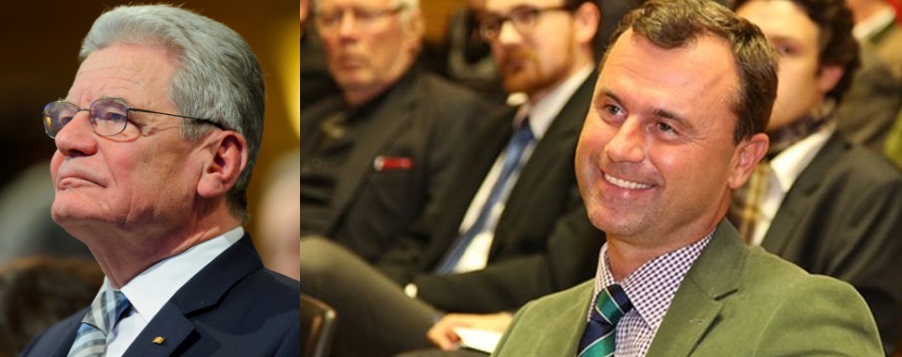Interview with Norbert Hofer on presidential role: ‘Balancing and non-partisan’
Norbert Hofer was a candidate in Austria for the office of Federal President in 2016. In the German newsmagazine ZUERST! he explains why he considers a direct election of the President the way forward.
Published: February 20, 2017, 12:47 pm
Sir, the next German President will be elected in February in the Reichstag building in Berlin. In contrast to Austria, in the Federal Republic of Germany, the people do not elect the president, but the so-called Federal Assembly. In Germany, the AfD, in particular, reopened the issue of directly electing the Federal President. What are your experiences in Austria?
Hofer: The Federal President in Austria enjoys high regard among the people, not least because he is directly elected by the population and thus the degree of recognition is enormously high. His word weighs heavily and he is an essential balance in the power structure between parliament and government.
The established political parties in Berlin strongly reject direct elections. It is alleged that this would protect the highest office from “populists”. What do you think?
Hofer: I only recently explained in an interview with an American TV station that the FPÖ is doing so well in the polls because their approaches to the solution are popular. Just one example: about a year ago, we demanded a Burka ban in public spaces, which was dismissed as “populist”. These days, the government parties have agreed on such a ban against the fully veiled and suddenly it is no longer “populist”.
In Austria, the Federal President is directly elected – you were a candidate for the FPÖ and have just lost against Alexander van der Bellen in the run-up. The country is divided, say the critics of a direct election in the Federal Republic of Germany. Is that so?
Hofer: I do not believe that our country is divided. If two personalities are from completely different political camps, there is a public discussion and that is also good. The fact that two candidates represent the same views can only be found in totalitarian regimes, such as in North Korea or the former GDR. In any case, the long election campaign in Austria did not lead to a political disinclination or a decline in electoral participation. In this respect, he was of great use to democracy. What clearly emerged in the election campaign is the fact that a wide front – consisting of the Greens, SPÖ, large parts of the ÖVP, NEOS, parliamentarians, Haselsteiner – appeared against me.
Is an alleged “division of society” at all an argument against a direct election?
Hofer: People are right in a democracy. Therefore, no one needs to fear a direct democratic decision of the population.
Another argument against the direct election of the Federal President in the Federal Republic of Germany is that the Office, which is merely representative as in Austria, would thus be charged with more importance and more political influence. But this does not correspond to the function of the Federal President, the critics say …
Hofer: The Federal President can live out his political weight far better if he can build on the vote of the voters. Otherwise, he is hanging onto the government’s coat-tails. I can not speak here for the Federal Republic of Germany. If the Federal President represents the interests of the entire population, I think that the current regulation of direct elections as in Austria is the proper way.
In the Federal Republic of Germany, the office of the Federal President is usually “negotiated” in the back room between the parties. Is the highest political office in the state not damaged thereby?
Hofer: I think the Austrian regulation of direct elections is reasonable. For this reason, I am also a supporter of the expansion of direct democracies on the model of Switzerland. The Austrian Federal President, as a directly elected representative, has the opportunity to act in the best possible interests of the population. Regarding the regulation in the Federal Republic of Germany, I see the danger of too close a proximity to parties, which could lead to the fact that the President of the Federal Republic is not sufficiently independent to warn against a wrong turn.
What do you think: Why are the government and the opposition parties in Berlin so mistrustful of their own people?
Hofer: I believe it is not a question of distrust, but of the fact that some governmental individuals are obviously very far from the people. That is precisely why I am such a avid advocate of direct democracy. No politician is immune from going in the wrong direction, but the population can intervene as a corrective.
Joachim Gauck has already polarized as Federal President: he advocated mass immigration and was more sympathetic towards migrants in eyes of many citizens than towards Germans. He was never impartial, but – especially in the fight against the AfD – very partisan and present in everyday political life. Has he misunderstood his office in your eyes?
Hofer: I cannot evaluate the leadership style of Joachim Gauck. In any case, I would like the Austrian Federal President to remain equidistant to all political parties, and to be primarily committed to the Austrian population.
How do you think the “perfect federal president” should act?
Hofer: In any case, the Federal President should have a balancing and non-partisan view, and he should look to the entire state of the nation.
Sir, thank you for the interview.
All rights reserved. You have permission to quote freely from the articles provided that the source (www.freewestmedia.com) is given. Photos may not be used without our consent.
Consider donating to support our work
Help us to produce more articles like this. FreeWestMedia is depending on donations from our readers to keep going. With your help, we expose the mainstream fake news agenda.
Keep your language polite. Readers from many different countries visit and contribute to Free West Media and we must therefore obey the rules in, for example, Germany. Illegal content will be deleted.
If you have been approved to post comments without preview from FWM, you are responsible for violations of any law. This means that FWM may be forced to cooperate with authorities in a possible crime investigation.
If your comments are subject to preview by FWM, please be patient. We continually review comments but depending on the time of day it can take up to several hours before your comment is reviewed.
We reserve the right to delete comments that are offensive, contain slander or foul language, or are irrelevant to the discussion.
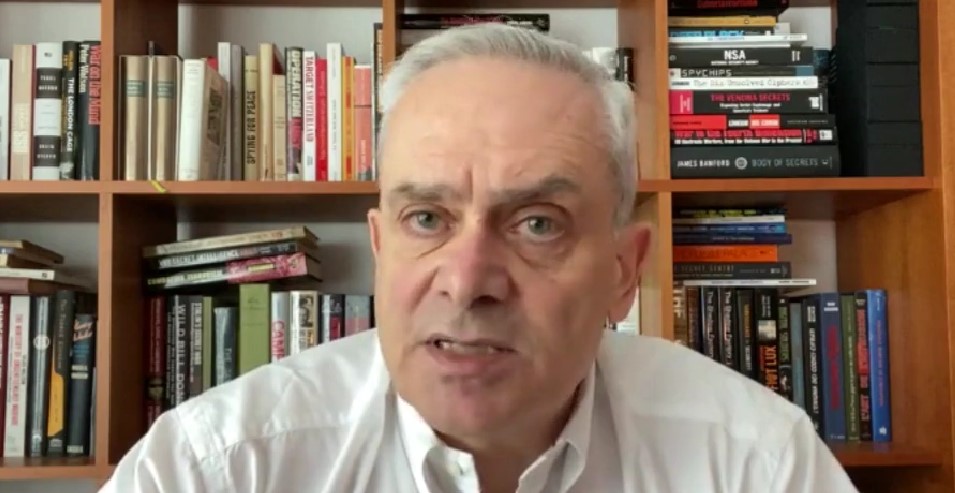
Jacques Baud on the Ukraine war
In an interview with the independent US media portal grayzone.com, the retired Swiss intelligence officer, NATO advisor and author Jacques Baud dealt with the Ukraine war and in particular sharply criticized Western media reporting.

Interview with Thierry Baudet: ‘Fantastic that Putin exists’
The HagueA recent interview with Thierry Baudet has caused a stir on Twitter. For several days now, the trending topic #Baudet has been going around. In the English-language interview, he does not mince his words when talking about the war in Ukraine. In it, he flatly states that he is taking the side of the Russians.
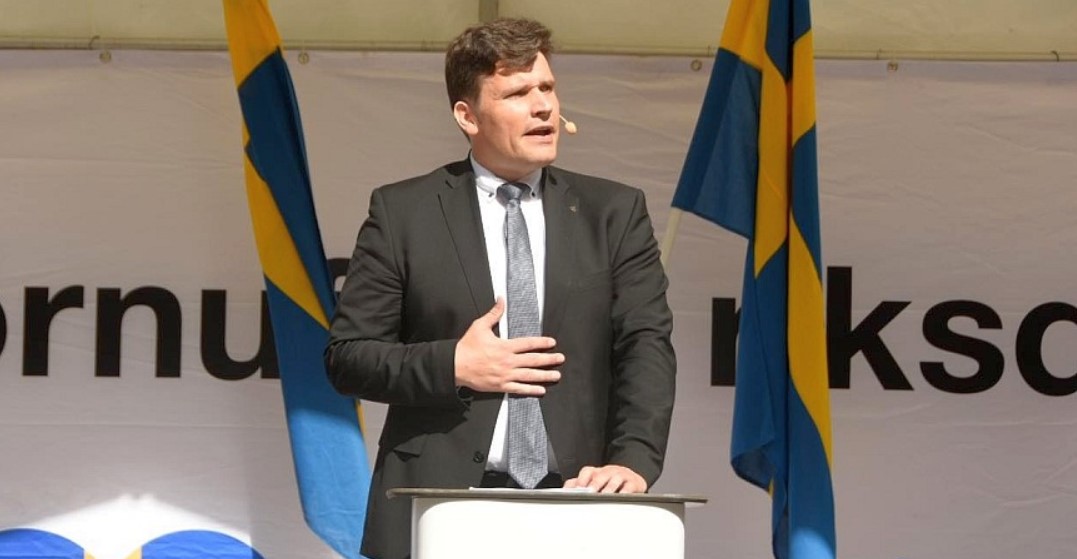
German AfD politician believes Alternative for Sweden has great future potential
StockholmStefan Korte, active in the nationalist party Alternative für Deutschland (AfD) in the state of Brandenburg, participated as a guest speaker at the AfS' election campaign on August 6.

Former WHO employee Astrid Stuckelberger: ‘A pandemic of lies’
Geneva"I am not an alarmist, I just want to explain with science, the lies, the corruption, the propaganda… And about the harm from the vaccines. Because I'm an expert in public health and science." Astrid Stuckelberger has 30 years of experience as a researcher. In the years 2009-13, she was affiliated with the WHO, with pandemics as her specialty. She has published 180 publications and 12 books.

Swedish ombudsman inundated with complaints about compulsory health pass
StockholmSweden's Ombudsman, (JO), is currently drowning in reports from upset Swedes regarding the intended vaccine passes announced by the government and the Public Health Agency. In an interview, JO's information manager, Anders Jansson, admitted that about 6 300 reports have been received so far. He said he has never seen anything like it in such a short time.
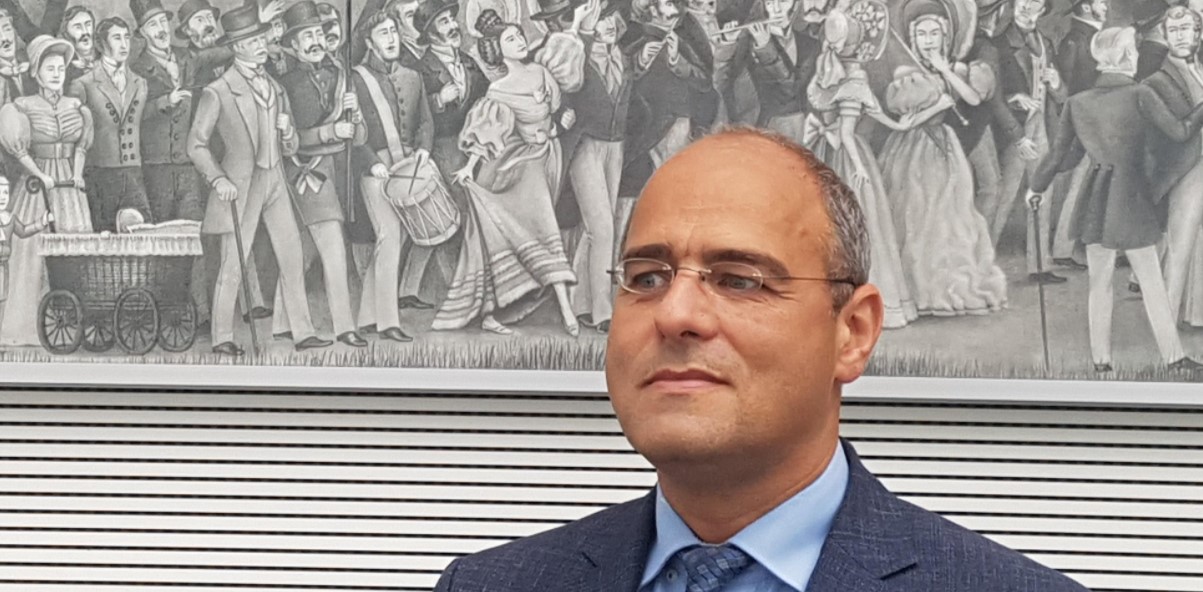
The inauspicious link between Corona and inflation
BerlinThe AfD member of the Bundestag, Peter Boehringer, was interviewed on various current topics in Germany at the beginning of November. He spoke to German journalist Boris Reitschuster. Boehringer is a member of the German libertarian Friedrich August von Hayek society and a climate change critic.

Reiner Füllmich: The pandemic is a global coup d’etat
The famous lawyer Dr Reiner Füllmich speaks exclusively to Free West Media on the topic of the pandemic and the draconian measures that many countries have adopted, and how he and others will be challenging this in court.
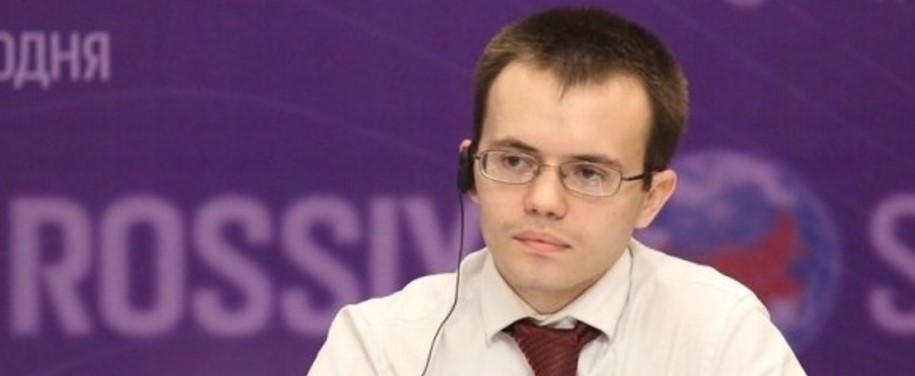
‘US always pursues its interests at others’ expense, even allies’
Recently, the US, UK and Australia formed an alliance which has hurt France on many levels. Steven Sahiounie interviewed Andrew Korybko to gain insight into the back story of this global headline.

Vaccine wars: How a solution to end lockdowns is being ignored and criminalized
LübeckDr Winfried Stöcker has created and produced, in a fast and targeted manner, a recombinant antigen construct for reliable detection of antibodies against SARS-CoV-2. And a formula for a vaccine is "now available to everyone, free of charge," Stöcker's spokeswoman confirmed to FWM. But instead of being hailed as a true trailblazer, the doctor says he now fears for his life.





